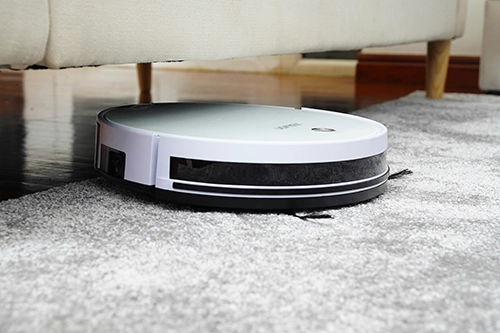Recycling & Disposal of Electric and Industrial Vacuums for Pool and Floor
Electric and industrial vacuums contain motors, plastic, metal, wires, and batteries, making proper disposal and recycling critical to reduce environmental impact and prevent harm from electrical components or hazardous materials.
1. Recycling Options
E-Waste Recycling Centers: Many e-waste recycling programs accept vacuums, especially those with electronic components. These centers are equipped to handle motors and batteries safely.
Retail Take-Back Programs: Some stores, such as Best Buy and Staples, offer recycling options for small household appliances, including vacuums.
Manufacturer Recycling Programs: Some vacuum manufacturers offer take-back programs for older or broken vacuums, where they can be refurbished or responsibly recycled.
Scrap Metal Yards: If your vacuum has a high metal content (e.g., steel or aluminum parts), it may be accepted at scrap metal yards.
Battery Recycling: Vacuums with rechargeable batteries should be taken to battery recycling centers or local hazardous waste facilities for safe disposal.
2. Responsible Disposal
Factory Reset (for Smart Vacuums): If your vacuum is a smart model with an internal memory or app connectivity, ensure that all personal data is erased before recycling.
Remove Batteries: If your vacuum contains rechargeable lithium-ion or NiMH batteries, remove them before disposal. Batteries must be recycled separately at hazardous waste or battery recycling centers.
Disassemble Parts: If possible, dismantle the vacuum to separate plastic, metal, and electronic components for easier and more efficient recycling.
3. Sustainable Alternatives
Donate or Sell: If your vacuum is still functional, consider donating it to a local charity, thrift store, or community center. Alternatively, you can sell it online through platforms like Facebook Marketplace or Craigslist.
Repurpose: Parts of old vacuums, such as the motor or hose, can be repurposed for DIY projects or as spare parts for other equipment.
4. Do Not Dispose Of If…
Broken or Damaged: If your vacuum is severely damaged or broken (e.g., leaking battery acid, broken motor), take it to a hazardous waste facility for proper disposal.
Battery Issues: If the battery is damaged, leaking, or swollen, do not attempt to dispose of it in the regular trash. Take it to a hazardous waste disposal site or battery recycling center.
⚠ Important Safety Warning ⚠When recycling or disposing of electric and industrial vacuums, please follow all local regulations and safety guidelines. DO NOT attempt to dismantle the vacuum if you are unsure how to handle electrical components, motors, or batteries. Connecting The Dots Project will not be responsible for any damage, loss, injury, emotional damage, or harm that occurs during the disposal, recycling, or donation process of vacuums or any other items.







